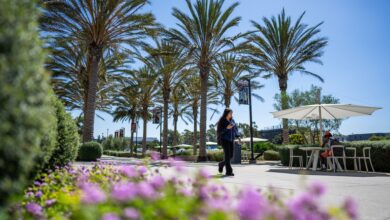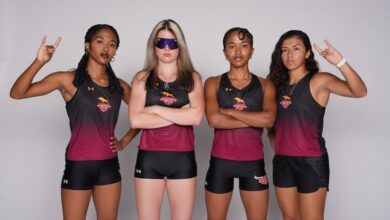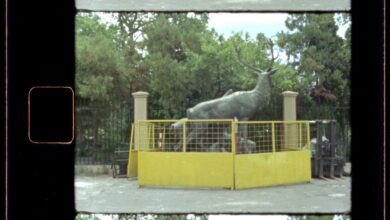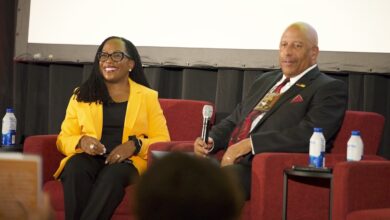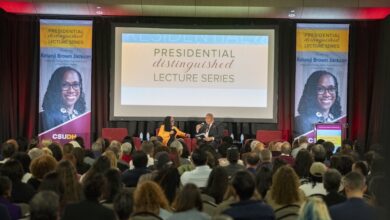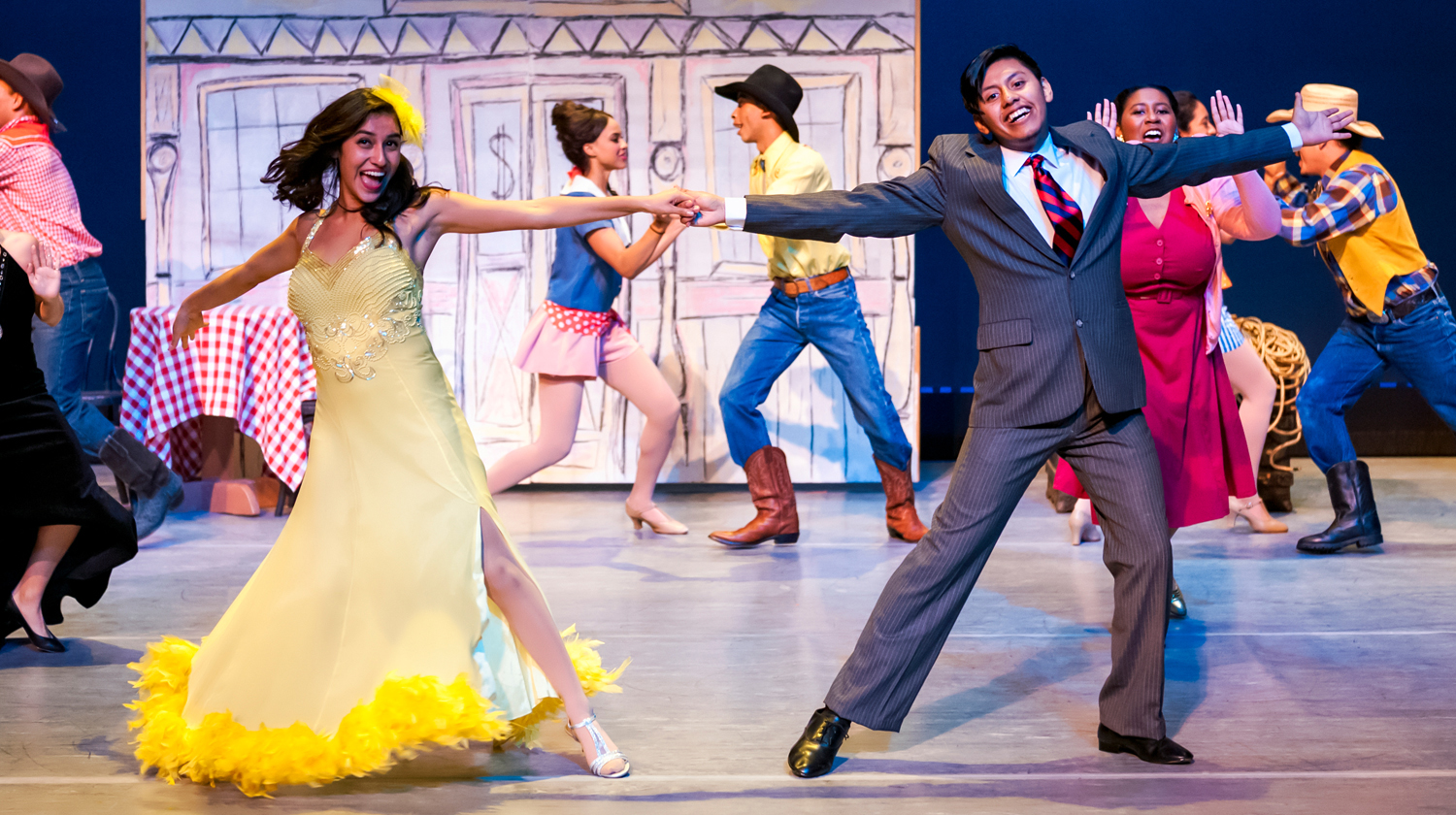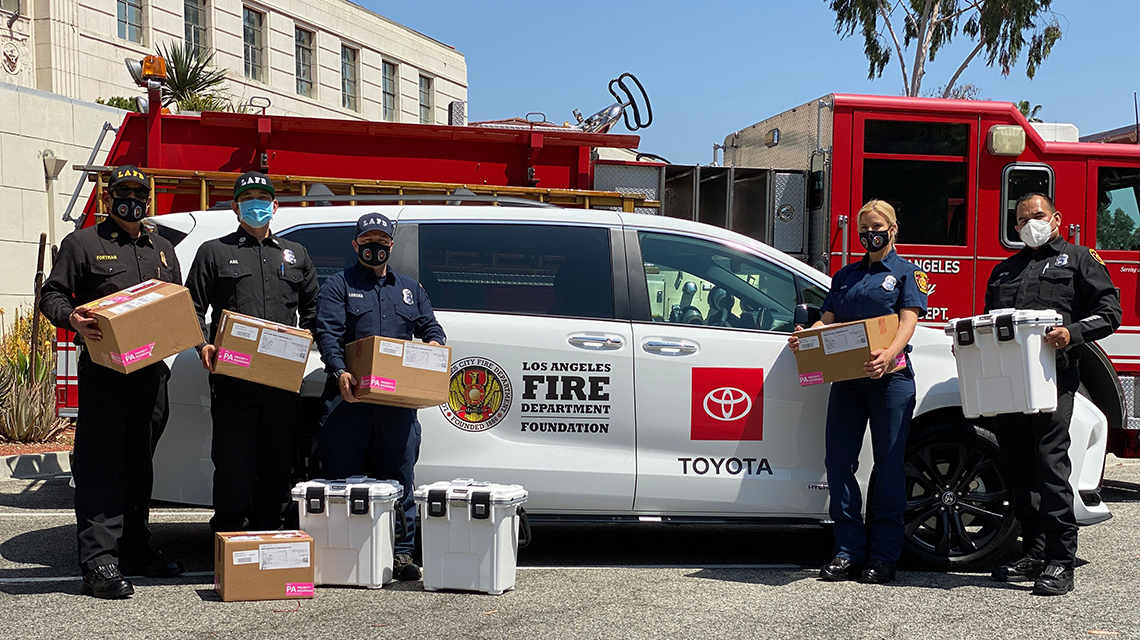
Throughout the COVID-19 pandemic, Toros have sought innovative ways to help frontline workers, promote health and safety, and assist those struggling with basic needs. Now, CSUDH nursing students have stepped up to help the Los Angeles Fire Department (LAFD) with the mammoth task of vaccinating Angelenos.
The 12 participating students are working toward their Bachelor of Science in Nursing. Normally, they would complete community-based clinical hours at designated sites as part of their course requirements. However, those sites all but shuttered last year due to COVID-19 restrictions.
Associate Professor of Nursing Nop Ratanasiripong, decided to pivot her BSN 423 Community-Based Nursing Role Performance course to a service-learning model. The aim was to give students the chance to fully step into their roles as health-care providers while helping communities in the fight against COVID-19.
“This is a historic moment,” she said. “This course is about community health and the role of the nurse. We can go out and accomplish something in the community with high impact.”
The LAFD offered the perfect opportunity for CSUDH nursing students to get involved. In addition to vaccinating more than 1.4 million Angelenos this year, the department has continued to run testing sites, administering more than 4 million tests since the start of the pandemic. It is a massive, complex operation, requiring help from firefighters, disaster relief workers, and health-care professionals.
Firefighter Samantha Chaney Prado, who also happens to be a CSUDH alumna (’06, B.A. Liberal Studies), oversees staffing for multiple LAFD testing and vaccine sites. Prado worked with Nop to place her nursing students in LAFD’s new partnership with Toyota to mobilize its vaccination efforts and reach homebound populations – those who cannot come to sites to receive their injections.
“Toyota has enabled us to reach underserved communities: the homebound population, and people experiencing homelessness,” Prado said, adding that the CSUDH nursing students are playing a big part in the effort to reach those segments of the city.
“They have been so willing to handle the mission,” she said. “Sometimes we get people who ask, ‘Do we have to do that?’ when going into people’s homes. But the students are very eager to get out there. They’ve been awesome.”
As a firefighter EMT, Prado worked in recruitment and outreach for the LAFD prior to the pandemic. Like so many others, she had to quickly transition to an entirely new working environment when COVID-19 hit in 2020. Suddenly, she and her colleagues were tasked with running large-scale operations for the city.
“It’s rewarding and challenging coming together as one, and learning something new,” she said. “I didn’t have training in this, so I had to rise to the occasion. But that’s what we do – we help people.”
Adam Valson, one of the nursing students assisting on LAFD sites, shared Prado’s can-do attitude. Valson said that flexibility and a commitment to serve are central to the mission – and to good nursing.
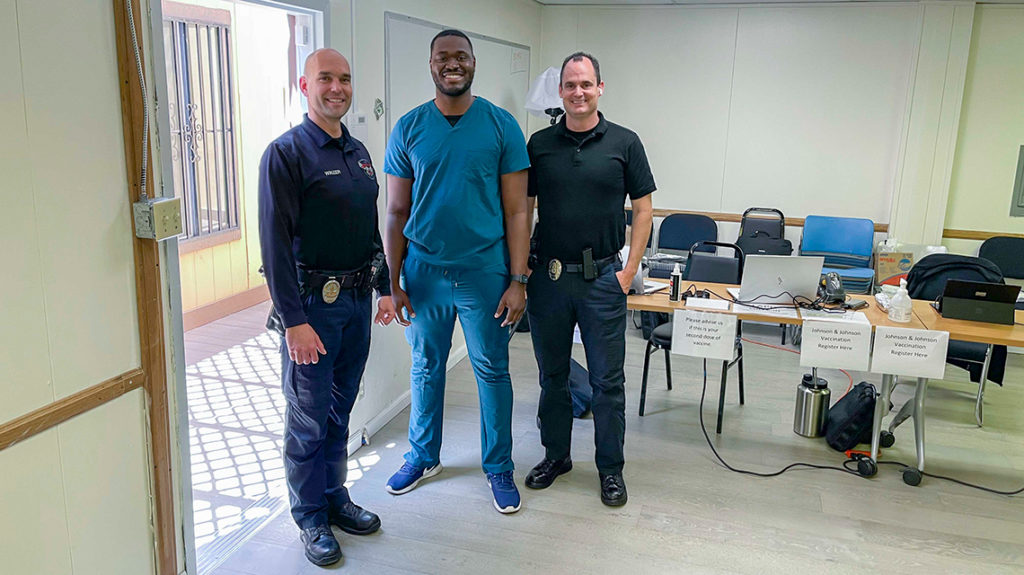
“Nurses are adaptable,” Valson said. “Our field of work is forever changing, and there are always new and emerging practices, so we have to be adaptable and learn new information as it emerges to better serve our patients.”
For Valson, it is exciting to be able to give back in such a hands-on, concrete way – particularly during a once-in-a-lifetime pandemic.
“I can say that I was able to participate in something so unprecedented,” he said. “Whether it was vaccinating people, or teaching about the vaccine or the disease itself, I was able to be of service to the community.”

